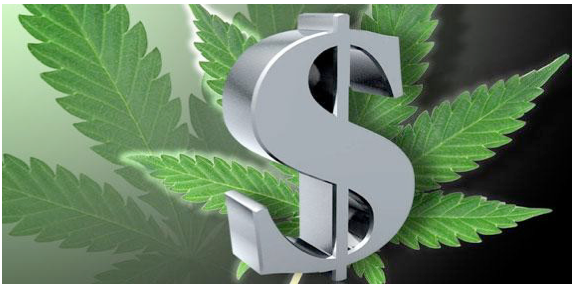CommentsTHIS IS WHAT I KNOW-According to the U.S. Conference of Mayors 2015 Status Report on Hunger & Homelessness, Los Angeles experienced a 12.4 percent increase in homeless families and an 11.7 increase in homeless individuals between September 2014 and August 2015. About 39 percent of LA’s homeless are living in cars or on the street because they can’t find housing. Los Angeles has had an increase in the number of added shelter beds but not enough to close the gap between supply and demand. The lack of affordable housing drives the increase in homelessness, followed by poverty, unemployment, and inaccessibility of mental health services.
Mayor Garcetti and City Council members declared a homelessness state of emergency back in September of last year. The city budget analysts have proposed nine different ideas to fund increased housing, including a proposed 15 percent sales tax on medical marijuana that could raise $16.7 million toward the $2 billion needed to supply vouchers and to construct needed housing. Several California cities, including Cathedral City and Desert Hot Springs have passed fifteen cents per dollar taxes on medical marijuana cultivation and sales.
The pot tax would be similar to taxes levied on specific products like gasoline or tobacco and would be earmarked for permanent housing, as well as support services like mobile showers, vouchers, and outreach.
Activists are busy raising funds and gathering signatures to place the Adult Use of Marijuana Act on the November 8 ballot, which advocates the legalization of pot for adults 21 and over. The proposed initiative has already garnered over a quarter of the needed 365,880 signatures needed and has raised over $2 million, $1 million from Napster co-founder Sean Parker. Should this initiative find its way to the ballot and pass, the tax revenue could increase significantly.
According to a poll by the OC Register, between 56-60 percent of California voters are in favor of legalization, something the LA Country Board of Supervisors seems to ignore. Last month, the Board of Supervisors voted 4-0 to approve a motion by Supervisors Michael Antonovich and Hilda Solis to create a Medical Marijuana Dispensary Enforcement Team to crack down on dispensaries in unincorporated areas of the county, including Marina Del Rey, where dispensaries were banned in 2011. City Attorney Mike Feuer has been working to shut down SpeedWeed, a delivery service to patients with valid medical marijuana cards. The City Attorney claims SpeedWeed is operating in violation of 2013’s Proposition D, set to limit the number of dispensaries in the city.
Is it fair to tax medical marijuana to help fund solutions to LA’s extensive homeless crisis?
Taxes on alcohol, tobacco, or even that bag of chips and Big Gulp are often referred to as a “sin tax.” Although medical marijuana cards may be fairly easy to come by, many who rely on medical marijuana to ease the effects of chemo or other conditions are on fixed incomes and the extra 15 cents on a dollar could decrease the affordability of a prescribed medication. If users of medical marijuana face what could be construed as a punitive tax, why not patients who take cholesterol medication, Xanax, or Viagra?
The funding sources proposed by the city include several sales or tax proposals that would require a 2/3 vote, as well as a billboard tax, a sales and use tax, an increase in transfer fees, and a fee in lieu of inclusionary zoning, most of which might face an impasse to approval.
The answer might rest at least in part in the passage of the proposed November ballot initiative legalizing pot for recreational use. In Colorado, the tax revenue from recreational marijuana totaled $42 million in one fiscal year, outpacing the revenue from alcohol.
(Beth Cone Kramer is a successful Los Angeles writer and a columnist for CityWatch.) Prepped for CityWatch by Linda Abrams.
Explore
Our mission is to promote and facilitate civic engagement and neighborhood empowerment, and to hold area government and its politicians accountable.

 CityWatch Los Angeles
Politics. Perspective. Participation.
CityWatch Los Angeles
Politics. Perspective. Participation.
09
Mon, Jun















